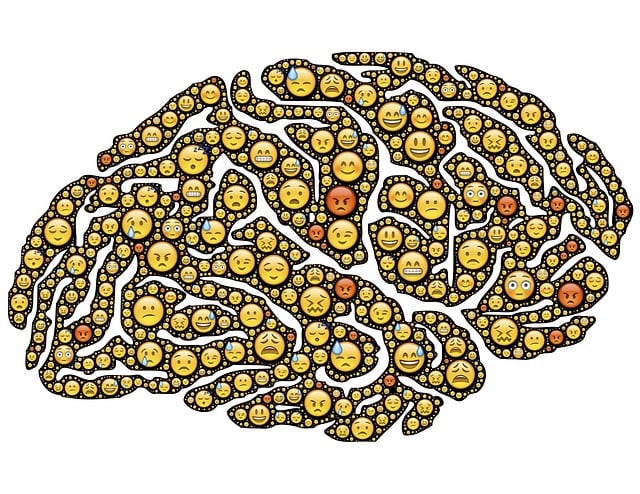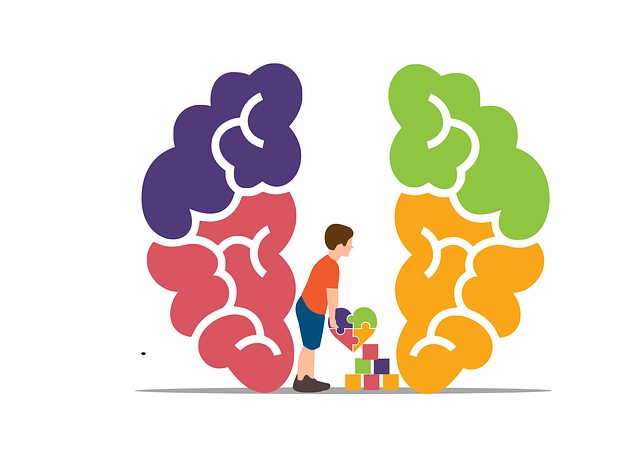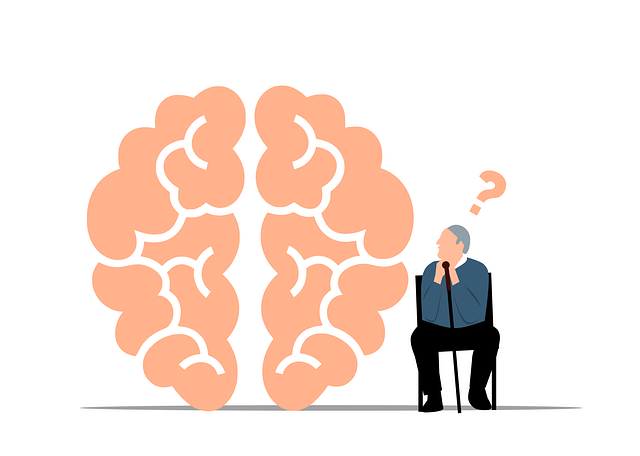Castle Rock residents face communication challenges in relationships, impacting mental wellness. Red flags like passive-aggression or frequent arguments signal deeper issues. Castle Rock Couples Communication Issues Therapy offers structured conversations and skills training for improved emotional connections and conflict resolution. This holistic approach integrates into mental health advocacy, reducing stigma through support groups and workshops, fostering a supportive community environment.
Mental health advocacy initiatives are crucial in addressing pressing issues like Castle Rock couples communication problems. This article explores the multifaceted approach to mental well-being, focusing on understanding specific challenges, such as Castle Rock couples communication issues. We delve into the transformative power of therapy as a key tool in mental health advocacy and highlight community-building initiatives driving positive change. By examining these aspects, from individual support to collective action, we aim to empower individuals and foster healthier relationships.
- Understanding Castle Rock Couples Communication Issues
- The Role of Therapy in Mental Health Advocacy
- Building a Supportive Community: Initiatives for Change
Understanding Castle Rock Couples Communication Issues

In many cases, Castle Rock couples experience communication issues that can significantly impact their mental wellness and overall relationship satisfaction. These challenges often stem from unaddressed stress and burnout, which can manifest in various ways, such as passive-aggressive behavior, frequent arguments, or emotional detachment. Recognizing these patterns is crucial for seeking Castle Rock couples communication therapy, a vital step towards resolving deep-rooted problems.
The Stress Management Workshops Organization highlights the importance of proactive measures in dealing with Castle Rock couples communication issues. By participating in workshops focused on stress prevention and mental wellness, partners can learn effective communication strategies, improve conflict resolution skills, and strengthen their emotional connection. These initiatives play a significant role in fostering healthier relationships and enhancing the overall quality of life for Castle Rock residents.
The Role of Therapy in Mental Health Advocacy

Mental health advocacy initiatives often overlook one key aspect: the power of therapy. Castle Rock Couples Communication Issues Therapy serves as a powerful tool in addressing interpersonal challenges that can significantly impact mental wellness. Through structured conversations and guided exploration, therapists help individuals and couples improve their communication skills, fostering healthier relationships and enhanced emotional intelligence. This, in turn, contributes to self-esteem improvement and overall mental wellness.
These therapeutic approaches go beyond mere problem-solving; they encourage clients to navigate complex emotions, develop coping strategies, and build resilience. By integrating these practices into advocacy programs, communities can offer more holistic support. This includes promoting Mental Wellness Coaching Programs Development that empower individuals to take charge of their mental health while fostering a culture where emotional well-being is prioritized.
Building a Supportive Community: Initiatives for Change

Building a supportive community is a key initiative for mental health advocacy, focusing on fostering environments where individuals can openly discuss their experiences without fear of judgment or stigma. This involves encouraging self-awareness exercises and communication strategies that promote understanding and empathy. By creating safe spaces, communities can break down barriers associated with mental illness, such as the stigma often faced by couples dealing with communication issues in Castle Rock.
Initiatives like support groups, community outreach programs, and educational workshops play a vital role in Mental Illness Stigma Reduction Efforts. These platforms enable individuals to share their stories, learn from one another, and connect with professionals who can offer guidance and therapy. Through these collective efforts, communities can transform into powerful allies in the mental health journey, ensuring no one feels isolated or misunderstood.
Mental health advocacy initiatives, such as addressing Castle Rock couples communication issues through therapy, are vital to fostering supportive communities. By understanding and navigating these complex dynamics, we can revolutionize mental healthcare access and enhance well-being. In light of the above, it’s clear that both individual efforts and collective initiatives play a crucial role in creating a more inclusive and understanding society.














